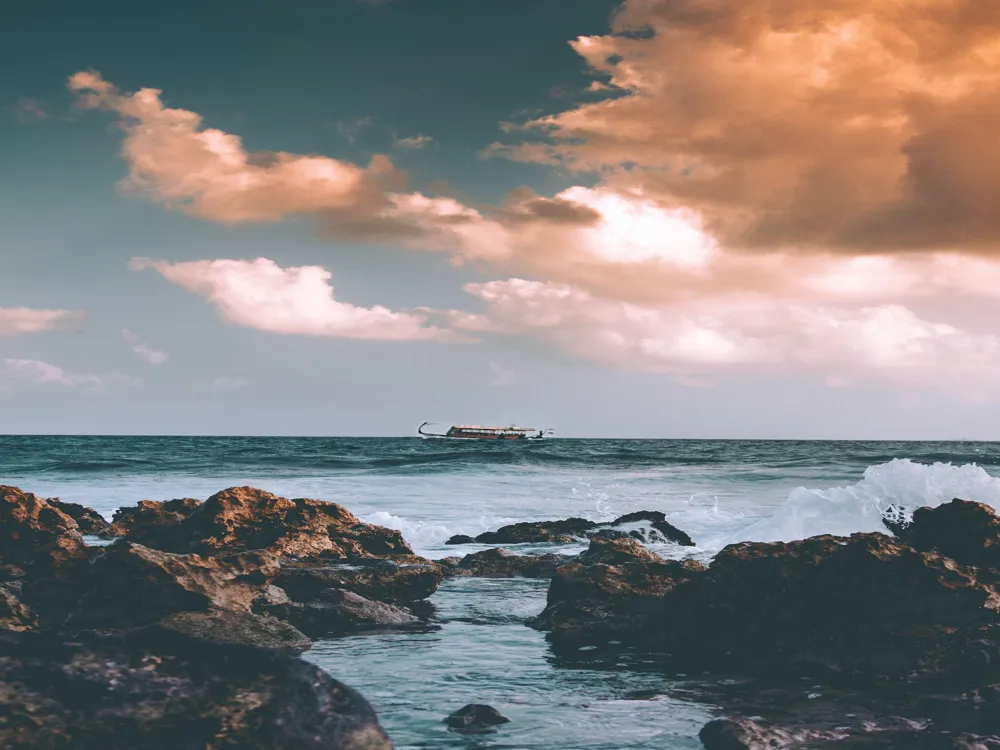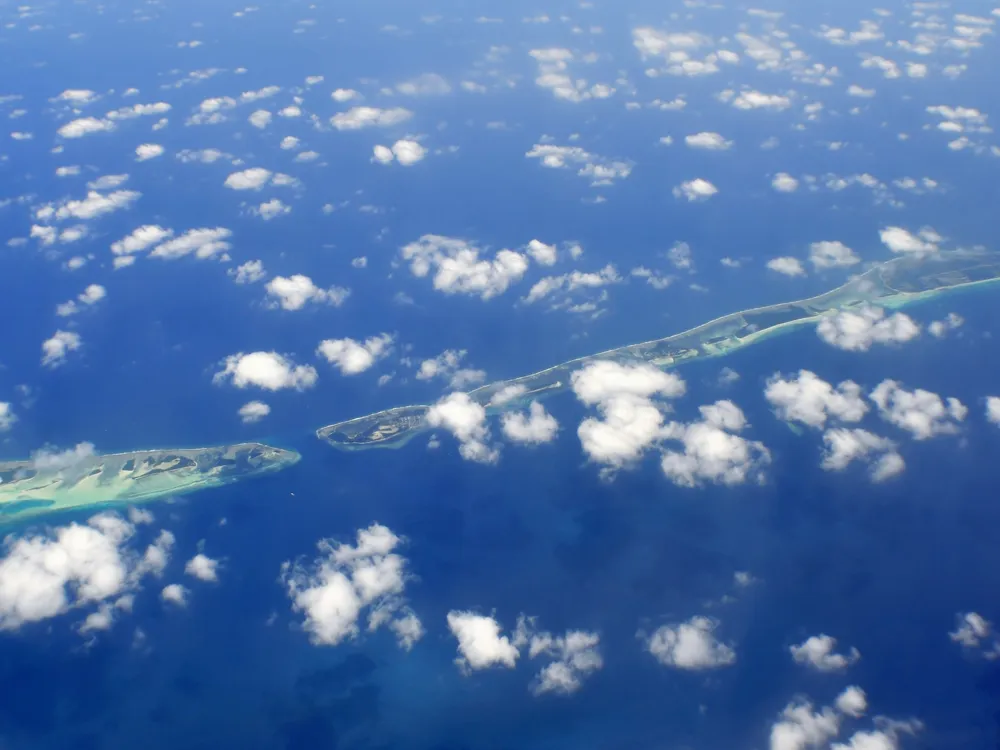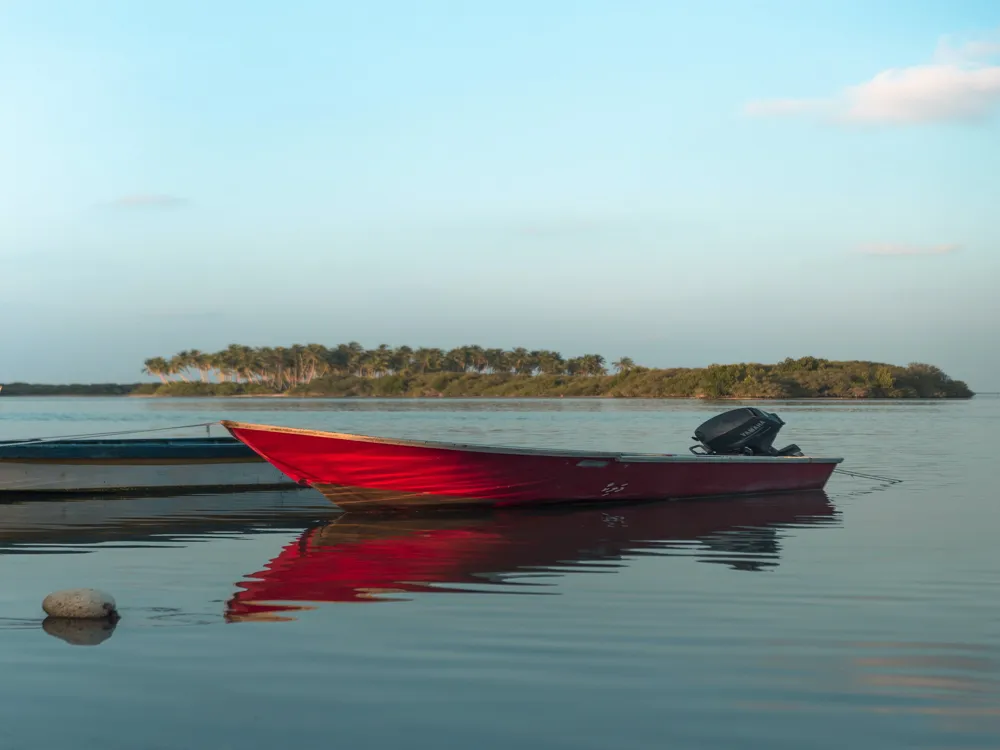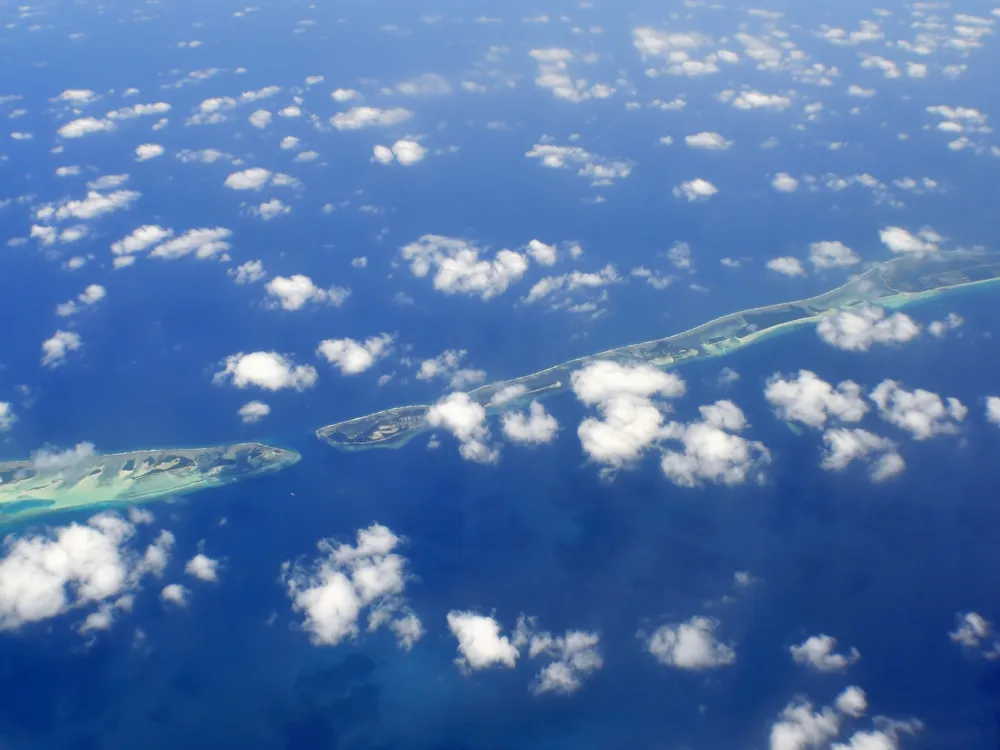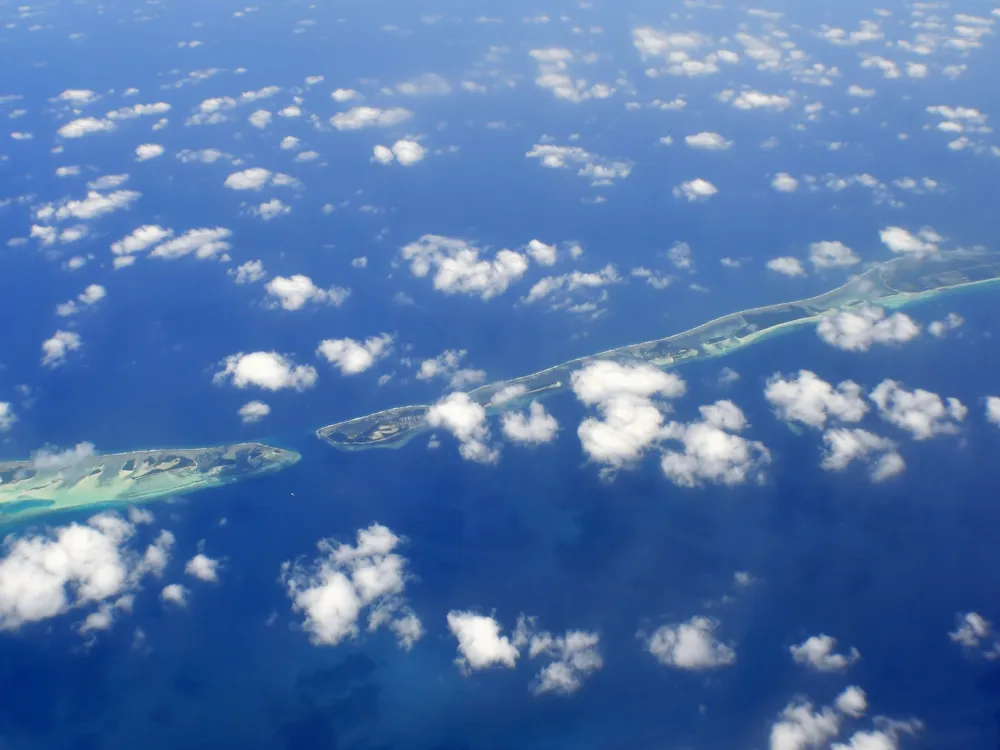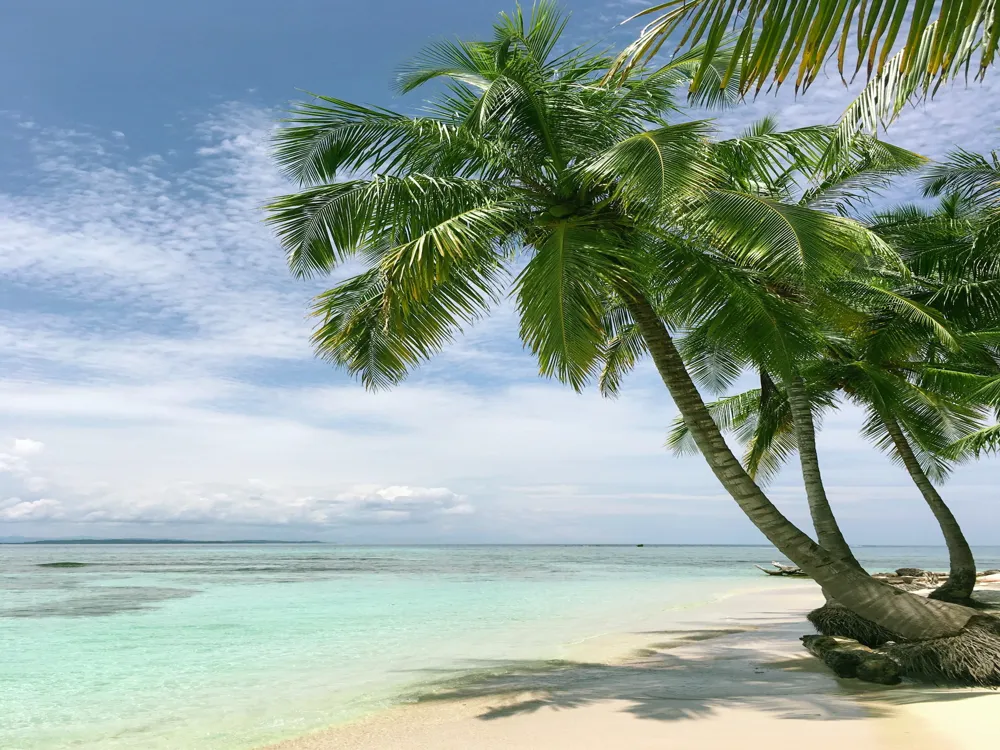Fuvahmulah, part of the Gnaviyani Atoll, stands out as a solitary island in the Maldives. Unlike the typical flat atolls of the region, Fuvahmulah boasts a varied topography with tropical woodlands, wetlands, and freshwater lakes, making it a bio-diverse paradise. This unique island is home to a population that cherishes its distinct dialect, customs, and traditions, offering a rich cultural tapestry for visitors to experience. Historically, Fuvahmulah has been a crucial stopover in the ancient maritime silk route, leading to a fusion of different cultures and influences. The island's economy traditionally revolves around agriculture, fishing, and more recently, tourism, which has opened new avenues for the local community while preserving its pristine environment. Geographically, Fuvahmulah is a wonder. Its terrain includes tropical woodlands, pebble beaches, and the only freshwater lakes in the Maldives. This diversity supports a rich array of flora and fauna, some of which are endemic to the island. The presence of a coral ridge, unique to Fuvahmulah, adds to its geological significance and natural beauty. Fuvahmulah's cultural heritage is deeply rooted in its history. The islanders have preserved their unique traditions, language, and customs, offering a glimpse into the Maldives' past. The local cuisine, influenced by South Indian and Sri Lankan flavors, provides a culinary adventure for food enthusiasts. Environmental preservation is a priority in Fuvahmulah. The island's community actively engages in protecting its unique ecosystem, ensuring sustainable tourism practices. Efforts are made to maintain the delicate balance between development and ecological preservation, safeguarding Fuvahmulah's natural beauty for future generations. Fuvahmulah's architecture is a blend of traditional Maldivian and foreign influences, reflecting its historical significance and cultural exchanges. The island's architectural heritage ranges from ancient mosques to colonial-style buildings, showcasing a rich tapestry of styles and techniques. Traditional homes in Fuvahmulah are crafted using coral stones, wood, and thatched roofs, exemplifying the ingenious use of local materials. These structures are designed to withstand the tropical climate, with high ceilings and open spaces promoting natural ventilation. Intricate wood carvings and coral work adorn the houses, displaying the skilled craftsmanship of the islanders. Over the centuries, Fuvahmulah has seen influences from Arab, African, and Asian cultures, which are evident in its architectural landscape. This blend of styles has given the island a unique architectural character, different from other Maldivian islands. The island is home to several ancient mosques, each with its distinct architectural style. The old Friday Mosque made entirely of coral stone, stands as a testament to the island's rich historical and religious heritage. These mosques are not only places of worship but also serve as cultural landmarks, preserving the island's architectural history. Modern architectural developments in Fuvahmulah incorporate sustainable practices, blending traditional designs with contemporary needs. The use of renewable energy sources, sustainable building materials, and eco-friendly designs is increasingly prominent, showcasing the island's commitment to environmental stewardship. Respect the local customs and traditions of Fuvahmulah. Dress modestly, especially when visiting religious sites, and be mindful of the island's conservative culture. Embrace the opportunity to learn about the unique dialect and traditions of the islanders. The ideal time to visit Fuvahmulah is between November and April when the weather is dry and sunny, perfect for exploring the island's natural beauty. Avoid the rainy season from May to October, as outdoor activities can be limited. Participate in eco-friendly practices to preserve the island's environment. Avoid single-use plastics, respect wildlife, and support local conservation efforts. Engaging in sustainable tourism practices ensures the protection of Fuvahmulah's unique ecosystem. Reaching Fuvahmulah is a journey itself. The island is accessible by domestic flights from Malé, the capital of the Maldives, which takes approximately one hour. Alternatively, a combination of a speedboat and ferry can be used, offering a more adventurous route. Upon arrival, local transportation options such as taxis and bicycles are available for exploring the island. Read More:Overview of Fuvahmulah
The Unique Geography of Fuvahmulah
Cultural Richness and Traditions
Environmental Conservation
Architecture of Fuvahmulah
Traditional Maldivian Architecture
Influence of Foreign Architecture
Religious Structures
Modern Influences and Sustainability
Tips When Visiting Fuvahmulah
Understanding Local Customs and Culture
Best Time to Visit
Engaging in Eco-Friendly Practices
How To Reach Fuvahmulah
Fuvahmulah
Maldives
₹ 34,250 onwards
View maldives Packages
Maldives Travel Packages
View All Packages For Maldives
Top Hotel Collections for Maldives

Private Pool

Luxury Hotels

5-Star Hotels

Pet Friendly
Top Hotels Near Maldives
Other Top Ranking Places In Maldives
View All Places To Visit In maldives
View maldives Packages
Maldives Travel Packages
View All Packages For Maldives
Top Hotel Collections for Maldives

Private Pool

Luxury Hotels

5-Star Hotels

Pet Friendly






